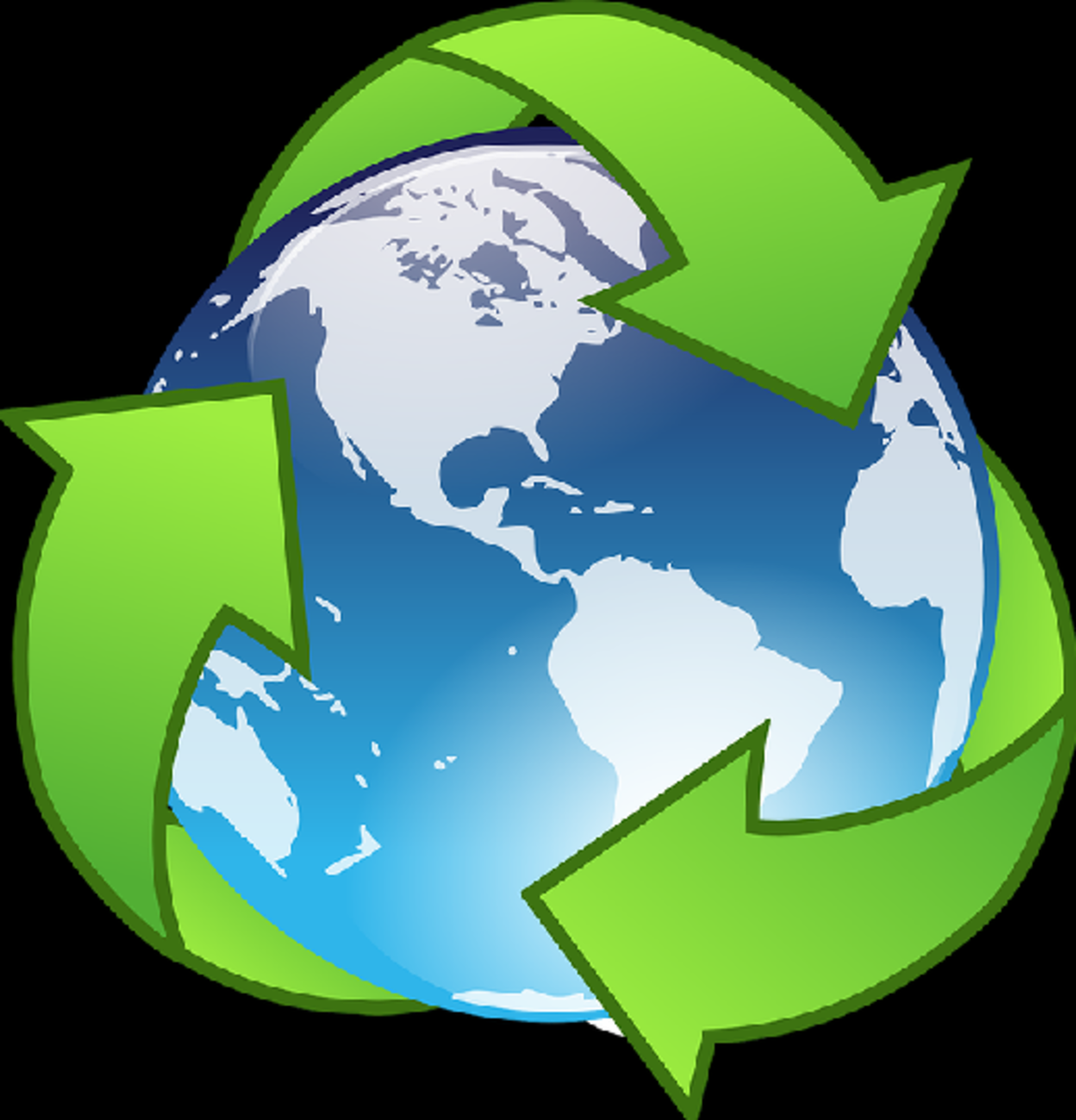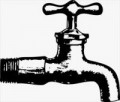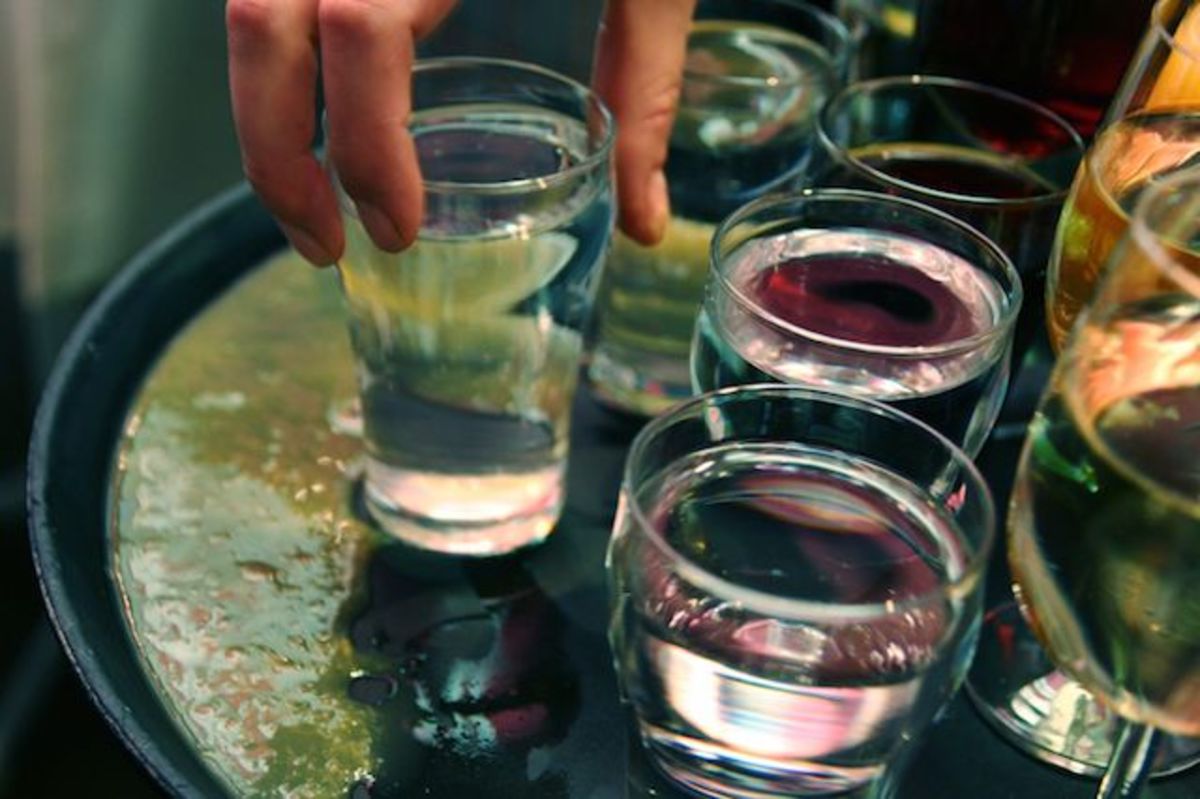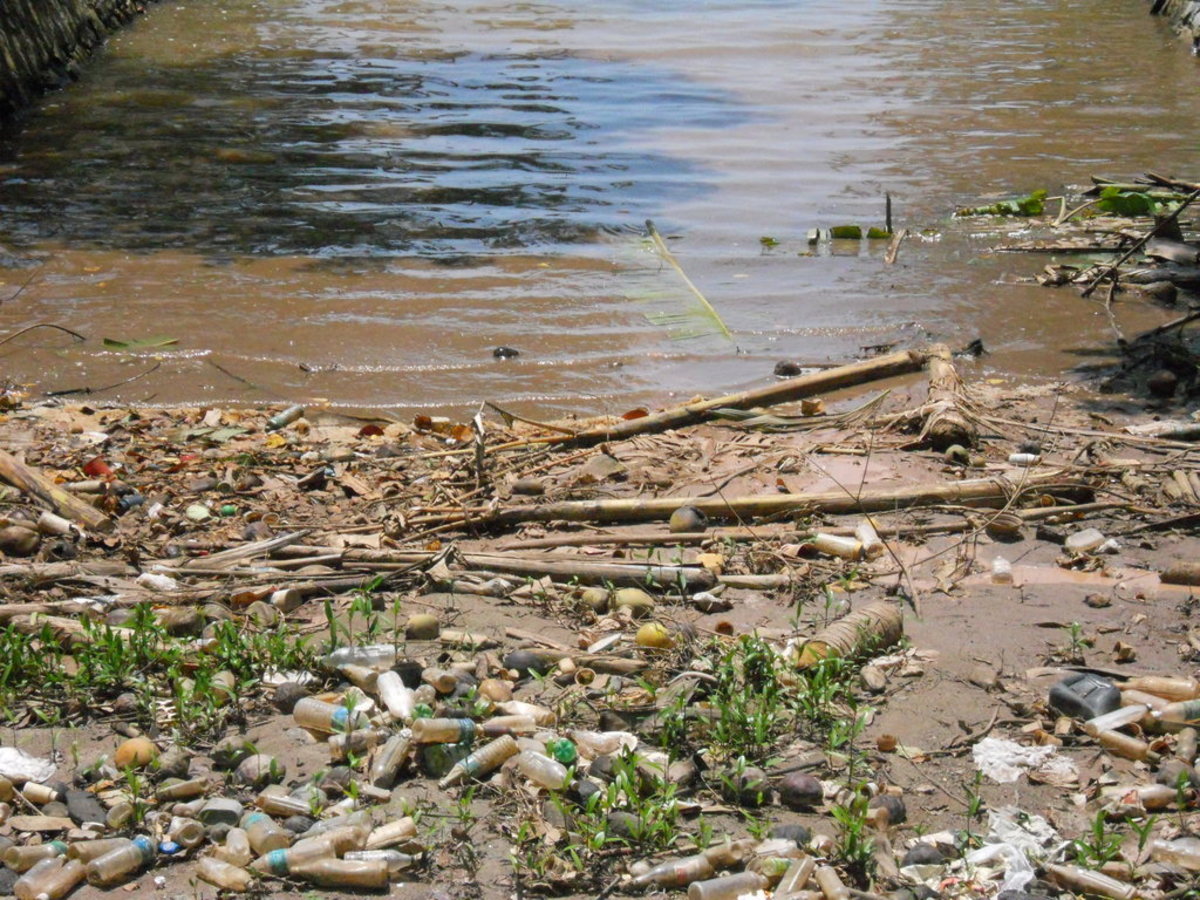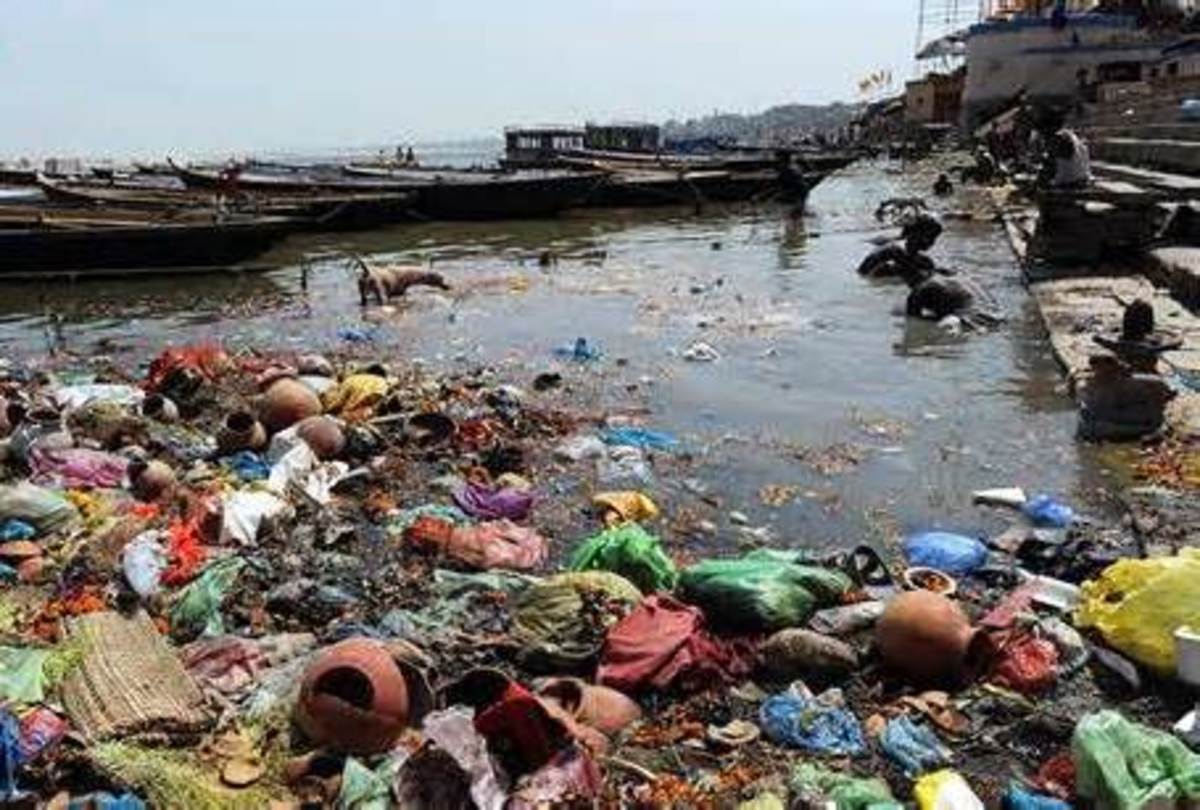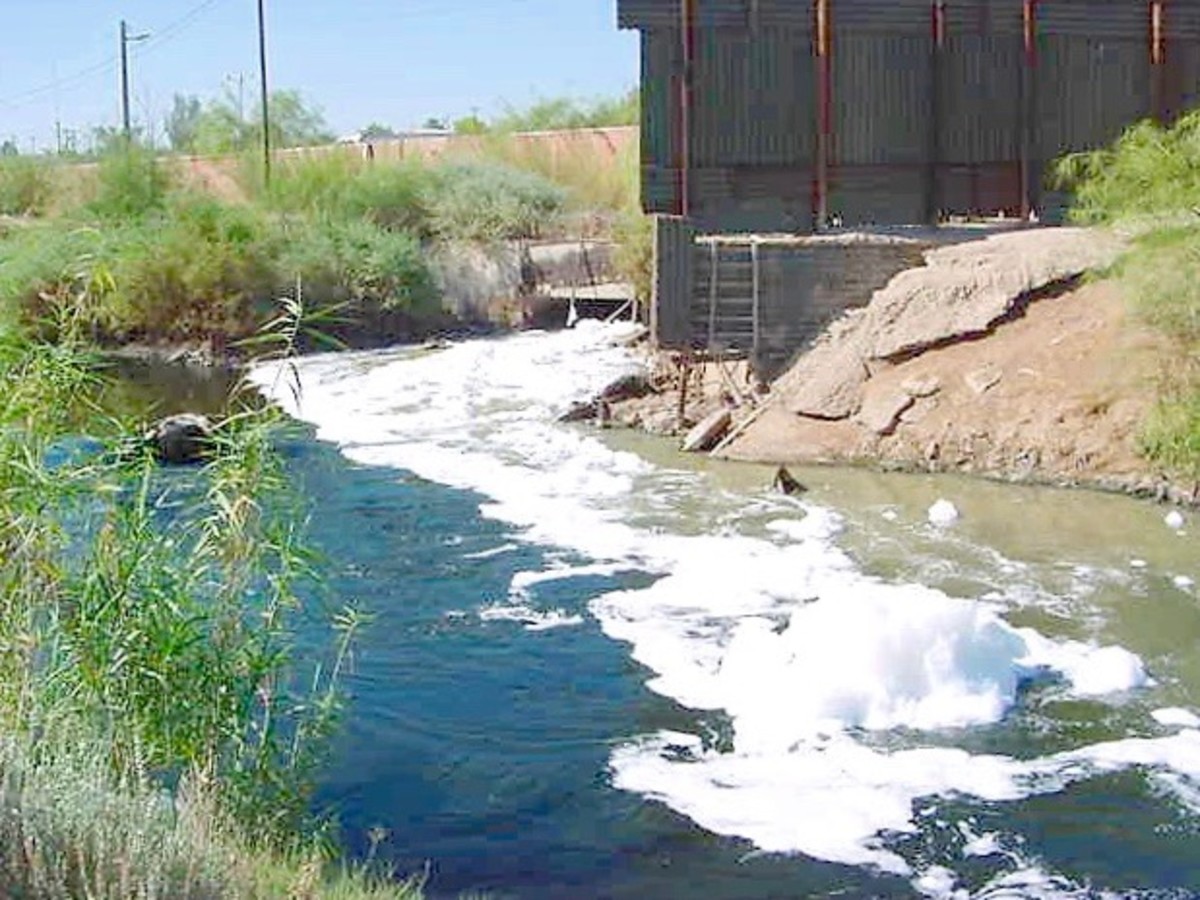Bottled Water
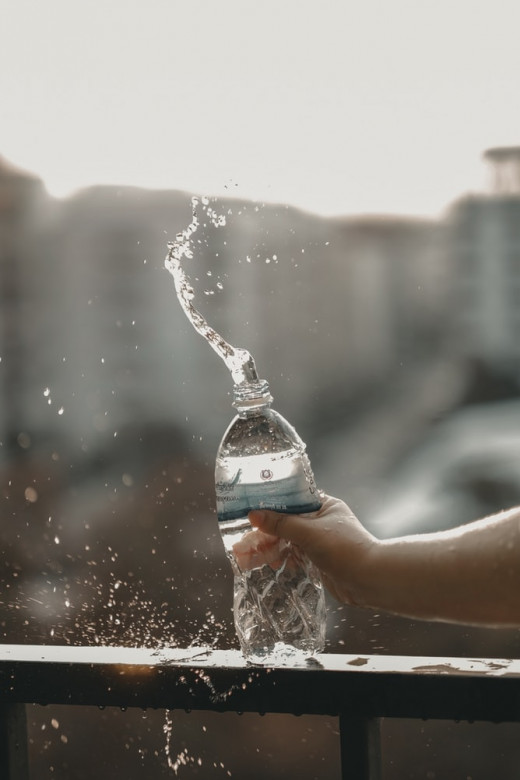
Water Bottle Sales Rising
Today consumers are convinced that bottled water is a necessary 'healthy alternative.' The bottled water industry is a billion dollar industry. This year 2020 the global water bottle market is estimated to reach 280 billion. The bottled water industry have successfully marketed bottled water, despite the negative environmental impact, consumers remain resolute that bottled water is a healthy alternative. Consumer demand for carbonated soft drinks has fallen, while water sales have spiked.
What's in bottled water?
Bottled water versus tap water
Bottled water can easily found everywhere restaurants, schools, petrol stations, dairies, drink dispensers and are prominently displayed in outlets.
Bottled water is not regulated - questioning the source and contents in the water. Local government water suppliers are restricted with what additives they put in public drinking water these additives are monitored, tap water is designed to be a safe healthy product for public consumption. Twenty-five percent of bottled water is filtered tap water and the cost to reprocess the water is passed onto consumers - tap water is almost free and healthier.
Water bottles contain estrogen chemicals, again this product it is not a 'healthy alternative'. Lastly, bottled water is less sustainable than tap water.
Water bottles damage ecosystems
The Environmental Impact
Environmentalist argue that bottled water is exactly the same as tap water; and it is a waste of time, money and energy to produce bottled water.
The demand for bottle water is producing garbage using massive amounts of energy. A paltry twelve percent of water bottles is recycled annually, it has also been reported that, eighty-six percent of rubbish is plastic water bottles. Water bottles take a staggering 400 - 1000 years to degrade.
One way of reducing the mounting water bottle garbage, is to encourage consumers to re-use their water bottle. However, the quality of the plastic is standard and this is only a temporary solution, it is generally re-used for about a week before it is discarded.
Manufacturing water bottles uses 1.5 million barrels of oil annually. There are a number of additives in bottled water: magnesium sulfate, potassium chloride, potassium chloride and potassium carbonate. A high mineral content is not recommended for infants and children. The aged, pregnant women and babies who are vulnerable to some bottled water additives can benefit by opting for pure spring bottled water or buy a water filter instead.
Water that is drawn from natural resources should be honestly labelled: spring, natural or artesian. Clearly, water bottles are detrimental to our planet and people.
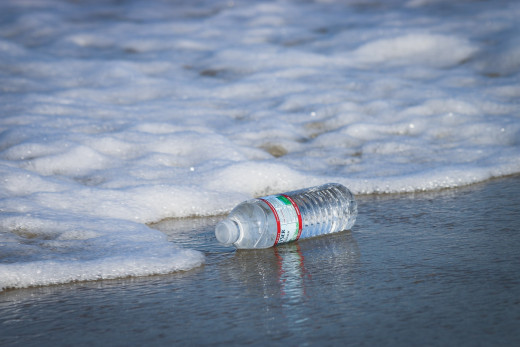
Marketing Bottled Water the Delusion
In the United Kingdom bottled water sales were a phenomenal 1.6 billion pounds per year. And sales are not slowing.
Commercials around bottled water portray images of health and purity against a backdrop of pristine mountain springs. Marketers promote bottled water as "a healthy alternative", and it is healthier than surgery soda drinks.
Bottled water is sold in a market that people can get for free - tap water and quality is better. The bottled water industry is a scam. Statistics provided indicate that people are beginning to believe that tap water is undesirable. People are obsessed with stuff and not facts.
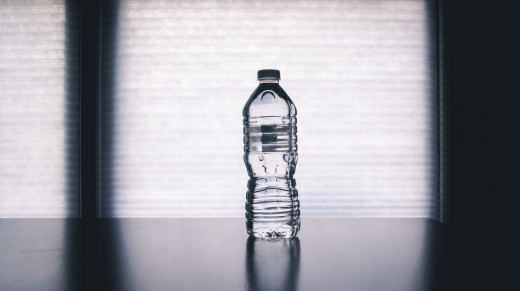
Bottled Water in the Future
The water market is a billion dollar industry. After over 20 years of marketing bottled water it is now a desirable consumer product. The debate is heated about the bottled water dilemma and both sides have some valid points. But, if it has a disastrous effect on the environment and public health - it will eventually contaminate the drinking water supply. A negative health and environmental result could supersede the positive aspects of bottled water and its production. So would it go back to normal, just tap water in a glass? If the chemicals, manufacturing costs and unregulated additives around the making of bottled water is evident will people realize that they have been deceived.
In the future there will be a water shortage problem, drinking water will be a scarce an expensive commodity. Water is now described as 'blue gold'. Water industries are drilling off shore for this commodity and the host countries are not getting adequately compensated.
The Maori: Water and Spirituality
- The Maori: Water and Spirituality
Water is used in numerous purification ceremonies. The Maori are guardians of all lakes, rivers and streams throughout New Zealand.
Harvard University - Water lectures
- Events | Radcliffe Institute for Advanced Study at Harvard University
Water lecture series.

